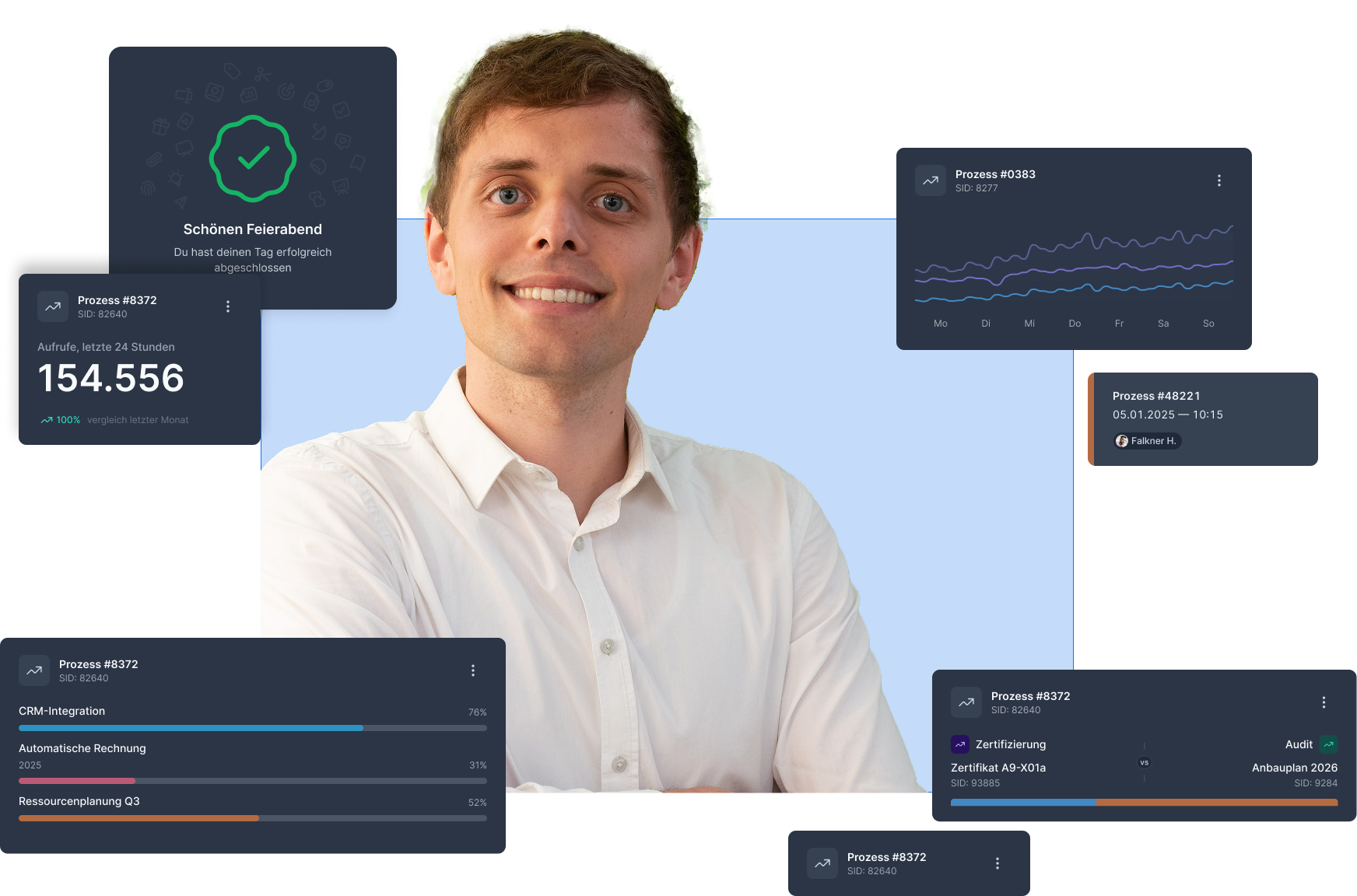.png)
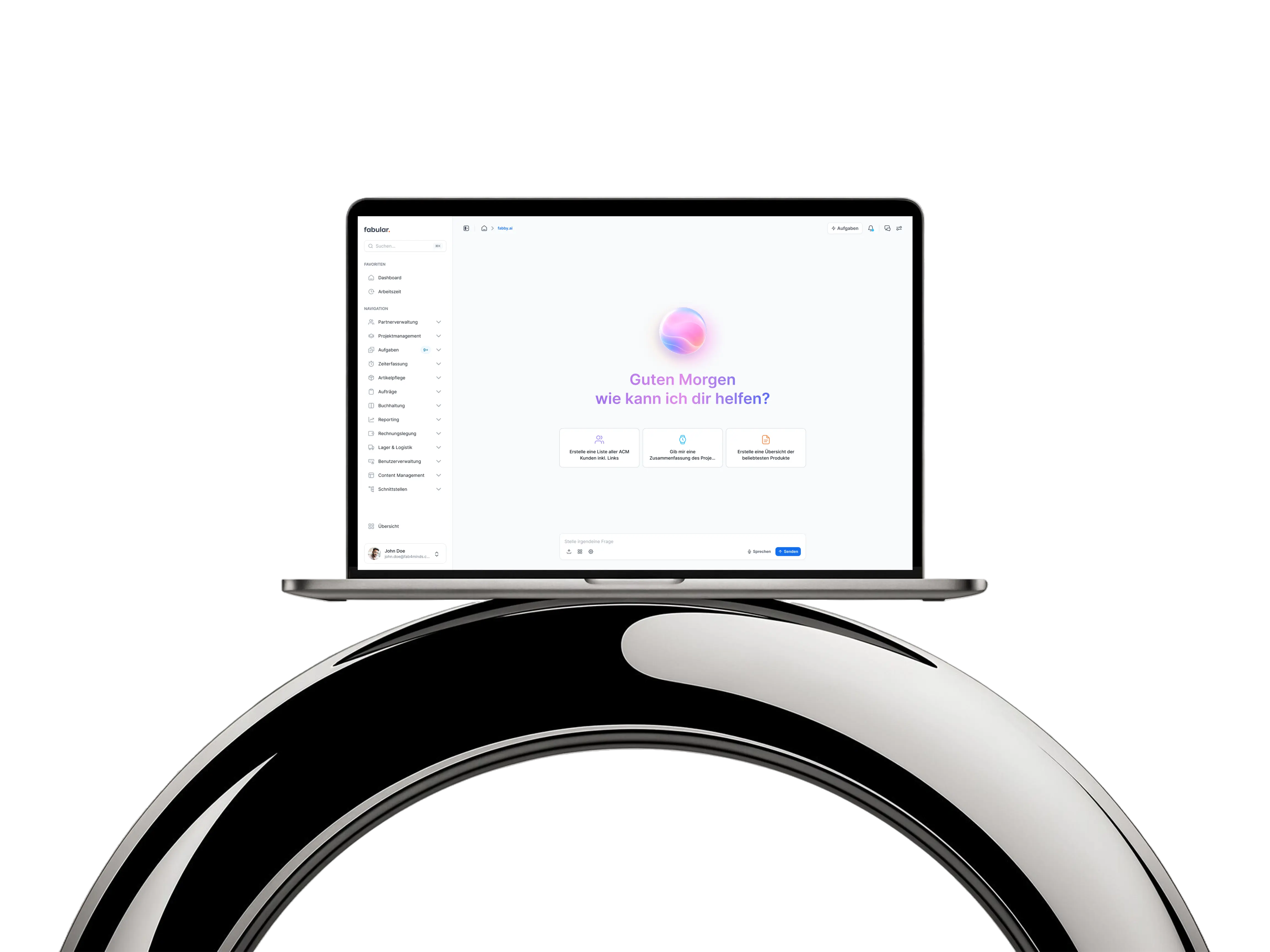
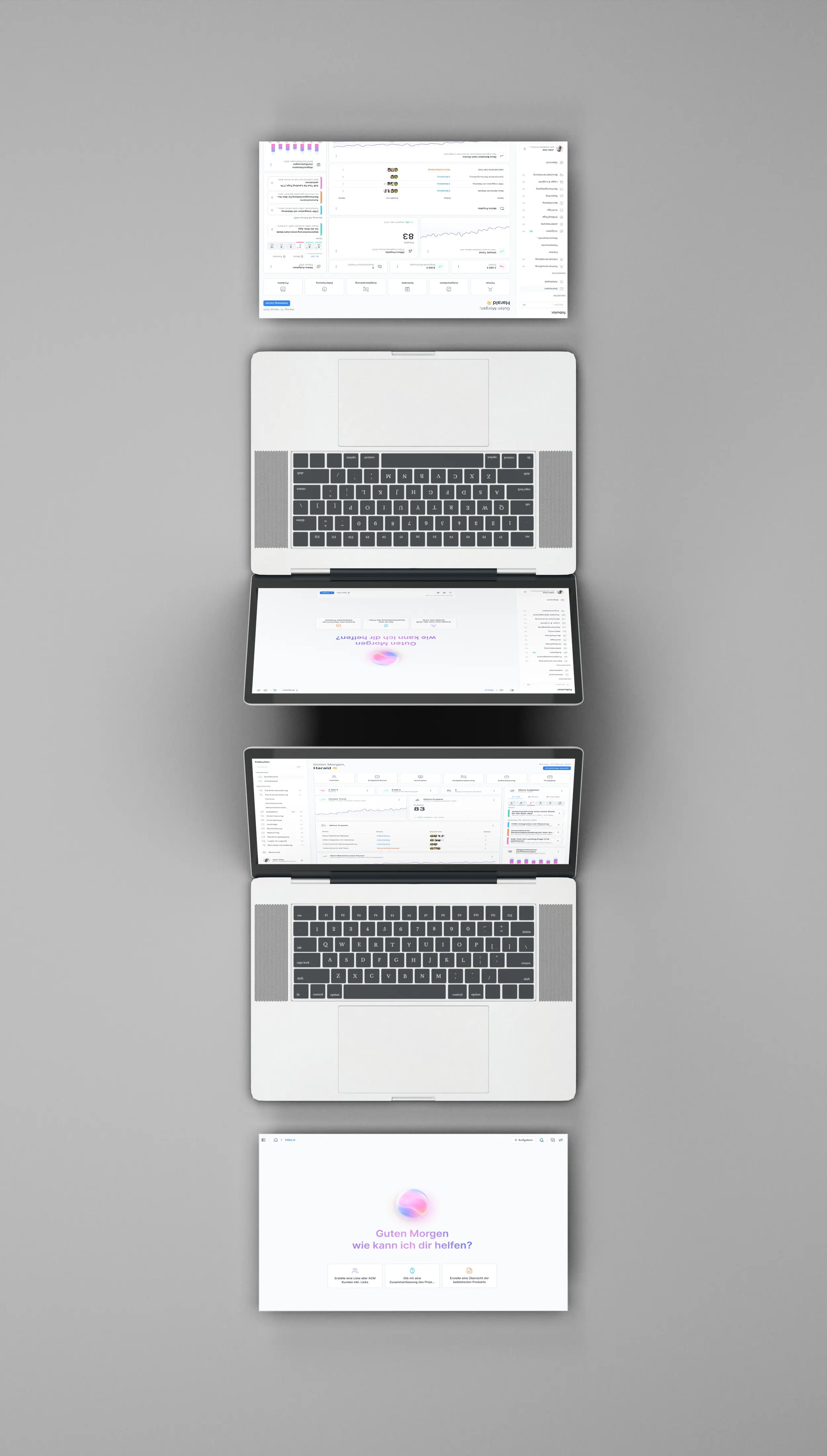
.webp)
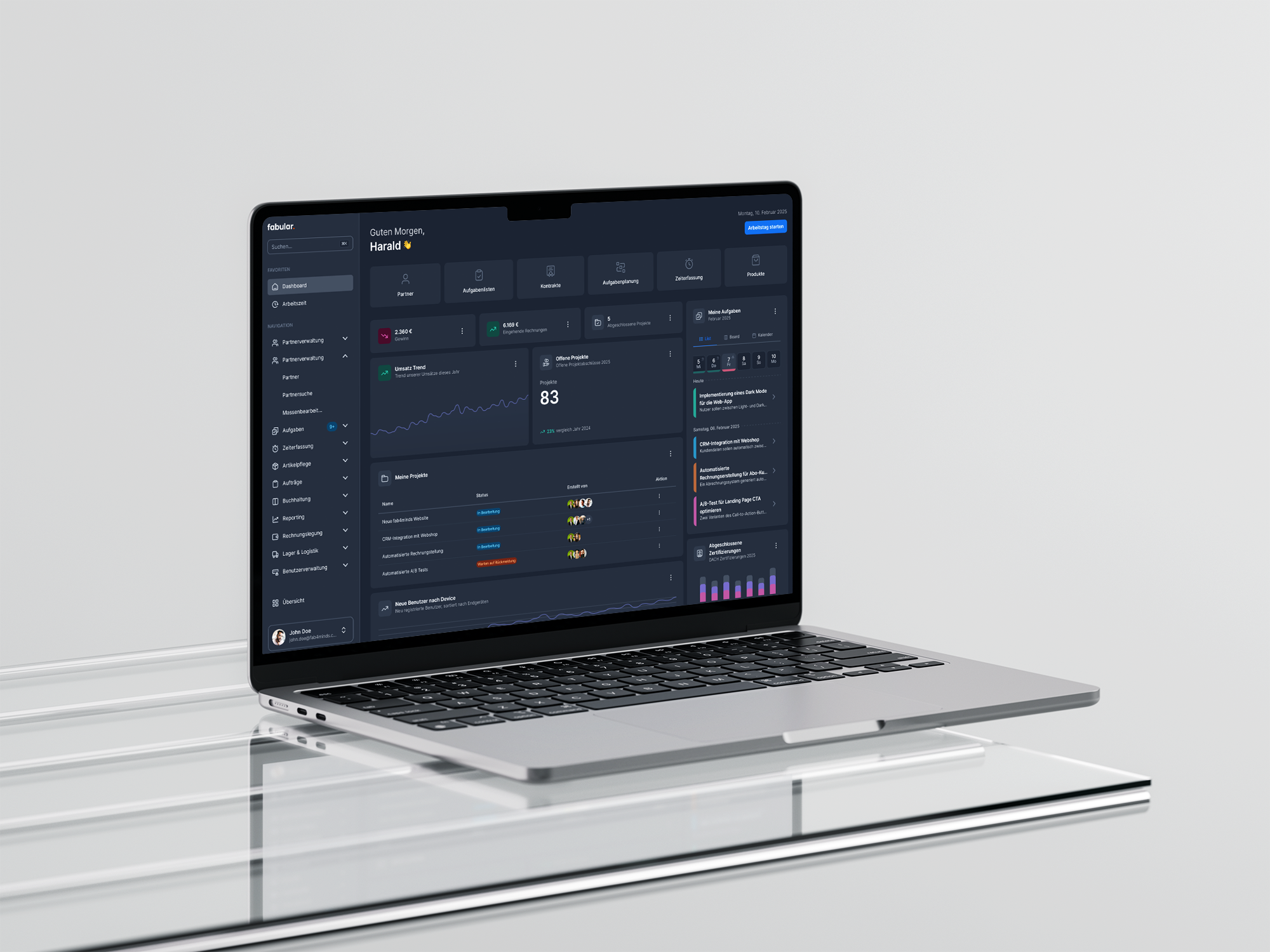

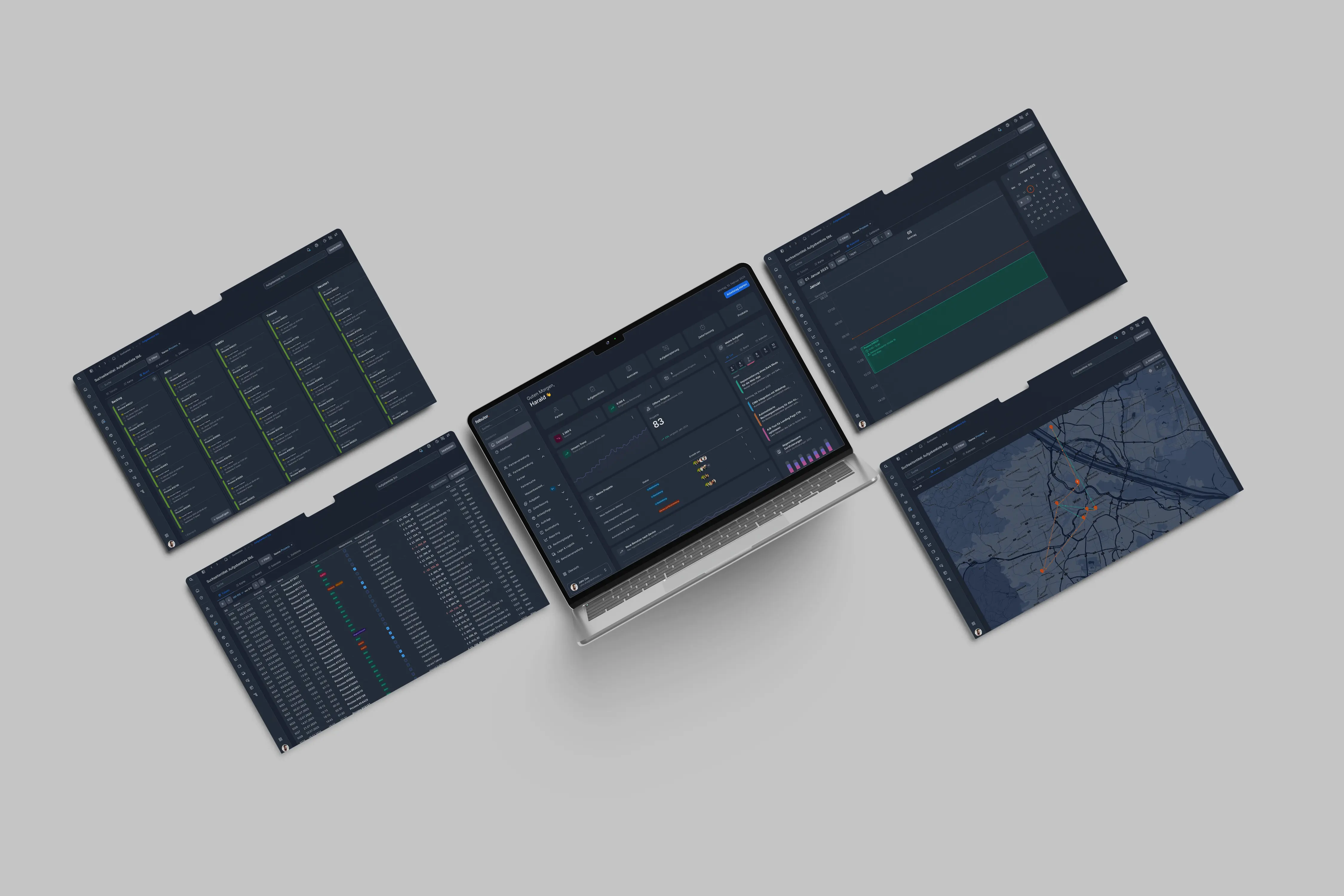
In our FAQ, we give you a quick and clear insight into the most important topics related to fabular — so that you can make informed decisions.
A ERP system for the sustainability industry is a central software platform that integrates ecological, social and economic processes. It connects Raw material procurement, production, logistics, action management and reporting and ensures transparency, efficiency and compliance.
The system helps companies to make sustainability goals measurableto manage processes efficiently and reliably comply with legal and regulatory requirements. At the same time, it creates Transparency about measures, resources and impact.
Typical features include: ESG action management, audit plans, control chains, evidence, risk analysis, automated photo and document verification, KPI recording and reporting.
The system provides a guided module, which covers all ESG measures from initial discussion to operational implementation. Responsibilities, deadlines, evidence and status are documented in a structured manner and managed centrally.
The ERP solution assesses risks based on historical data, audit reports and external sources. Measures are automatically taken after ESG risk, impact and implementation history prioritizes so that resources can be used in a targeted manner.
Yes, the system allows automatic analysis of photos and images, e.g. for waste separation, safety signs or energy systems. Results are linked directly to projects, measures or test plans and documented in an audit-proof manner.
ERP systems are ideal for Companies with sustainable production processes, supply chains, environmental and social projects, certifications or ESG reporting requirements, regardless of industry or size.
ERP systems ensure Transparency, traceability and efficiency. Companies benefit from systematically documented measures, optimized use of resources, compliance security and measurable ESG goals.
Let's find out together how fabular makes your company more efficient.
Lassen Sie uns gemeinsam herausfinden, wie fabular Ihr Unternehmen effizienter macht.
